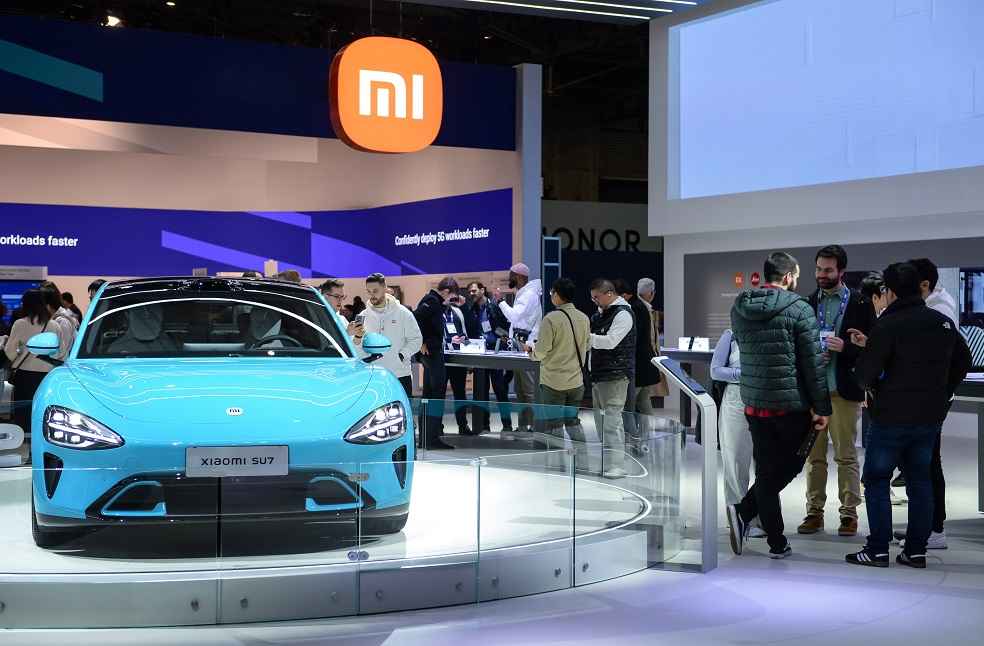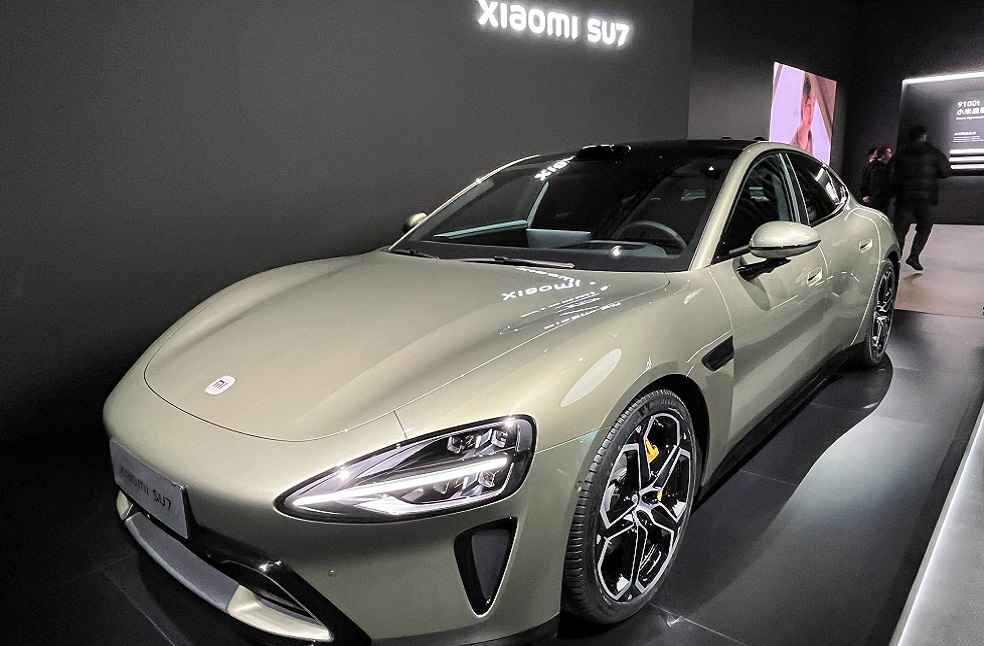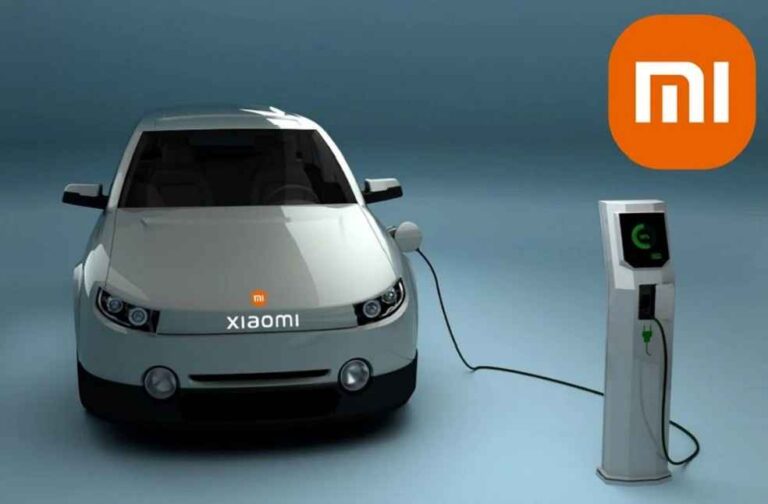Chinese tech giant Xiaomi, known as the world’s second-largest smartphone manufacturer, has made a significant impact on the electric vehicle (EV) market, surpassing its ambitious 2024 sales target of 130,000 vehicles within just nine months. The company’s first EV model, the SU7, launched in March, has been the cornerstone of this success.
Priced from RMB 215,900 (approximately $29,600), the SU7 has been lauded for its premium features and sleek design, rivaling vehicles in much higher price brackets. The model was unveiled on December 28 last year, and its rapid sales trajectory has positioned Xiaomi as a serious contender in the global EV market.

Xiaomi founder and CEO Lei Jun announced during the SU7’s unveiling that the company aims to rank among the world’s top five automakers. Initially considered an ambitious goal, the company’s current momentum has made this vision appear increasingly realistic.
Building on its success, Xiaomi plans to launch its next EV model, the YU7 SUV, capitalising on the growing global demand for SUVs. Analysts predict that Xiaomi could potentially achieve sales of 250,000 vehicles in 2025, cementing its reputation as a fast-growing player in the EV sector.

While the company’s initial success has been concentrated in China, the world’s largest EV market, Xiaomi is actively planning to expand into Europe, the second-largest EV market globally. Europe presents a competitive and fragmented market landscape, but Xiaomi’s established brand recognition in the region through its smartphone business provides a strategic advantage.
NEW LAUNCH | Vayve Mobility to Showcase Eva, India’s First Solar Car, at 2025 Expo





